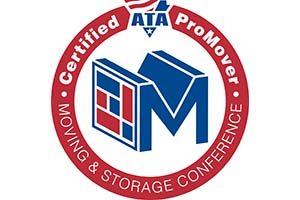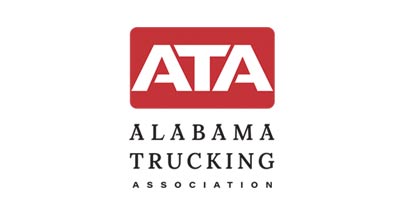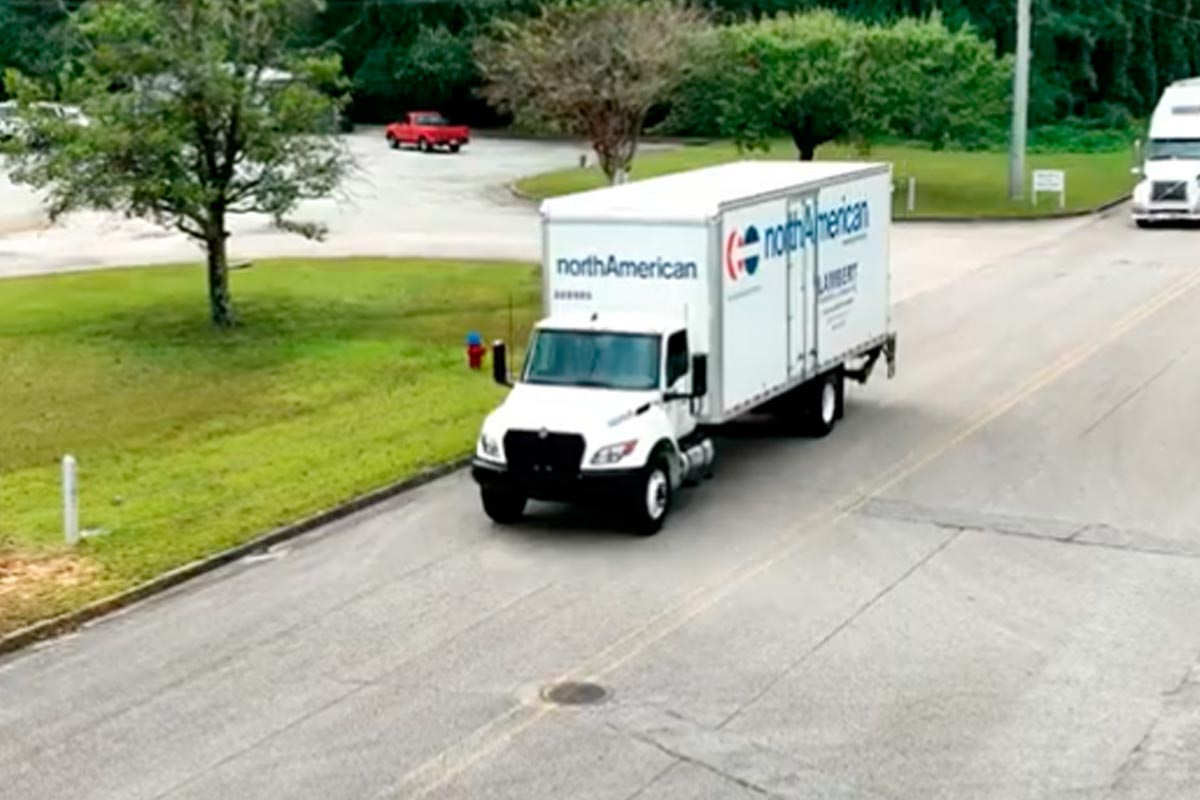Calculate the Costs: You Won’t be Sorry!
When it comes to moving, professional help does make a difference, but a lot of people opt to take the “DIY” route.
Professional movers make moving a lot easier. Second, a professional relocation team can walk you through the process and then give you a quote based on your needs.
Don’t be the person who talks with a moving company over the telephone! If you must take this route, be honest about how much inventory you have! Don’t cut corners! If you have an upstairs office with wall-to-wall filing cabinets and desks, make sure to clarify this.
Some Must Do’s
You don’t want to sign on the dotted line only to discover what you call hidden surprises on your bill. How do you get an accurate moving estimate?
- Get at least three quotes from trusted movers! That’s some homework assignment but you will be glad you did this. Plus, the more you talk with relocation teams, the more you learn.
- Quotes should be done (if possible) in person. Take photos and email these to your account representative. In-person interviews are more accurate. When a moving representative can “put their eyes” on what you want to be moved, the outcome is better.
- Ask questions and allow the moving company representative to ask you questions. The best way to avoid additional fees is to be as open as possible.
- Continue to beware of additional fees. Keep a pad and pen handy and write down the information you are being given. This is a learning process! You will feel more confident once you understand what the various moving representatives are asking and saying.
- Insurance is important. Make sure moving insurance is calculated into your moving estimate along with anything else.
- Remember, only binding estimates guarantee the price you are quoted. Ask the representative how long the quote is suitable for your move.
Get Quotes from Movers Familiar with Your Area
If you are not moving to another state, choose a moving company with great ratings and one that knows the area where you are moving. Local moving teams understand traffic flow and weather changes in the winter months. Many even understand city and neighborhood covenants. The more your relocation teams know, the more accurate your estimate will be.
Also, understand that an estimate is just that: an estimate. The relocation team you choose should be very honest about the estimate process. Your job is to
- connect with your representative
- create a moving budget
- be honest if you must add something to the move
- Estimates or quotes are usually free but always ask to make sure.
Relocation companies have different quote processes, but you should see continuity between the movers you’re interested in using.
Go ahead and get a simple online estimate, but then be sure to schedule an in-person follow-up where your potential moving team can survey what you are moving. This is when you should be handed a more detailed quote.
Never sign a “ballpark” estimate. This can lead to trouble. Estimates based on how many rooms your home has can be misleading. Hidden boxes in loaded-down attics or basements can run your final bill up to a point that you are not prepared to handle.
Consumer Affairs reports that there are other issues that you must be aware of.
For example, “If you’re moving across state lines, your mover must follow rules established by the Federal Motor Carrier Safety Administration (FMCSA). These rules say interstate movers must provide written estimates and that if you’re moving from within 50 miles of the mover’s (or broker’s) location, they must base the estimate on a physical survey of your belongings unless you waive the requirement in writing.”
Calculating the Costs
Moving costs are usually calculated based on the type of move:
Local moves: Local movers typically charge by the hour, though the number of movers needed is also a factor. Additional services and specialized needs in the moving process add to the cost, but you can still expect to get a per-hour estimate.
Long-distance moves: If you’re moving across the country, your quote will primarily be based on the weight of your belongings rather than an hourly rate.
However, many factors still play into the total cost you’ll pay for a move, even if they’re not listed on your written estimate. These include:
- The size of your old home
- The distance you’re moving.
- The location of your new home
- The items you are moving.
“Ad-ons” and Other Issues
What is meant by “Ad-Ons and extra work? If your relocation team must carry items up or down a lot of stairs, they may charge an additional fee. One flight is typically included. Make sure a stair fee is included in the written estimate you receive.
Always let your relocation company know if you are moving large items like a piano, washer and dryer, a large safe or any other especially heavy items.
Many people want to know what to tip the moving team. A standard tip is about $20 to $40 per day per mover. You can adjust this amount based on the quality of the service and the time spent on the move.
Consumer Reports suggests, “If the moving company says not to tip the moving crew, honor that request. Tipping the movers anyway could cause problems for them with their supervisors.”
4 Quick Tips
- Do not sign blank documents. Don’t sign empty or incomplete estimates; don’t use any moving company that asks you to do so. If the mover asks you to sign an incomplete document on the day of the move, tell them you need to reschedule and then use a different moving company. A mover can scam you by having you sign an incomplete estimate and then add charges you never agreed to.
- Choose interstate movers that charge based on weight. Legitimate long-distance movers charge based on the shipment’s weight. Your best bet is to ask how the company figures its rates. Companies that charge per pound are more accurate.
- Have an Inventory List in Hand You want to ensure a complete inventory list of your items on the day of your move. If needed, give a copy to your moving company. Make sure each piece of furniture is on the list, including smaller items like small side tables. It should also include an approximate number of boxes.
- Consider your moving date. The time of year significantly affects moving costs, with higher charges more common during the summer. When you get your quote, ask whether the price would change if you adjusted the date by a few days or weeks.
- Check to see when your quote expires. If you wait too long to book the move, you may need to get a new quote.
Photo by Mikhail Nilov on Pexels








